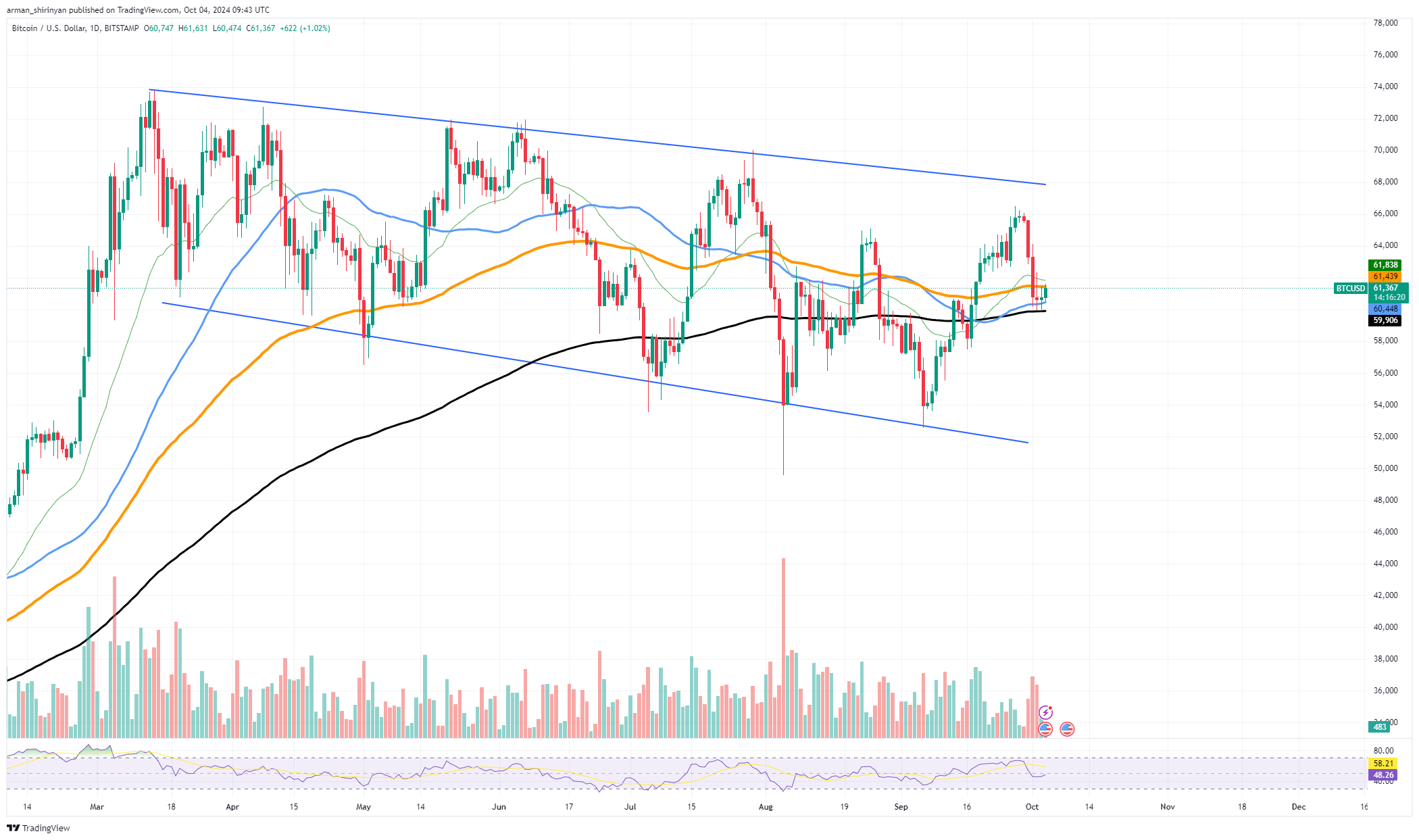
Disclaimer: The opinions expressed by our writers are their own and do not represent the views of U.Today. The financial and market information provided on U.Today is intended for informational purposes only. U.Today is not liable for any financial losses incurred while trading cryptocurrencies. Conduct your own research by contacting financial experts before making any investment decisions. We believe that all content is accurate as of the date of publication, but certain offers mentioned may no longer be available.
The world's largest asset manager, BlackRock, has changed its official perspective on Bitcoin, now referring to it as a global monetary alternative. This is according to Jay Jacobs, the U.S. Head of Thematic and Active ETFs at BlackRock, during a recent digital assets conference.
The presentation described the features of Bitcoin in comparison to conventional financial assets like U.S. gold and Treasuries. The presentation's main conclusions indicate that in contrast to the U.S. markets' variable supply, BlackRock views Bitcoin's supply as fixed. S. Treasury bonds and the gold supply are somewhat fixed. But in contrast to the relatively low volatility of U.S. stocks, volatility for Bitcoin is still high.

Treasuries and the intermediate volatility of gold
The short track record of Bitcoin, in contrast to the medium and long histories of gold and Treasuries, is another significant distinction. However, Bitcoin differs from U.S. currency in that it is a decentralized asset akin to gold's money reserves. The presentation's second section concentrated on Bitcoin's volatility and relationships with other assets, especially gold and stocks.
Since Bitcoin and the stock market have little historical correlation, Bitcoin is a desirable portfolio diversifier. Even though it is highly volatile, its volatility has declined over time, which has added to its increasing market maturity. The last section focused on the potential effects that even modest Bitcoin holdings could have on a conventional portfolio.
Proposed were scenarios in which Bitcoin was allocated 1% to 5% of the portfolio. The results indicated that despite higher volatility, portfolios with Bitcoin experienced better returns and risk-adjusted metrics. Better returns are achieved with higher Bitcoin allocations, but risk metrics such as drawdowns are sharper.
The wider market may continue to develop, bridging the divide between cryptocurrency and more established financial systems, as institutional players like BlackRock begin to include Bitcoin in their portfolios and see it as a viable alternative to traditional assets.

 Vladislav Sopov
Vladislav Sopov Dan Burgin
Dan Burgin